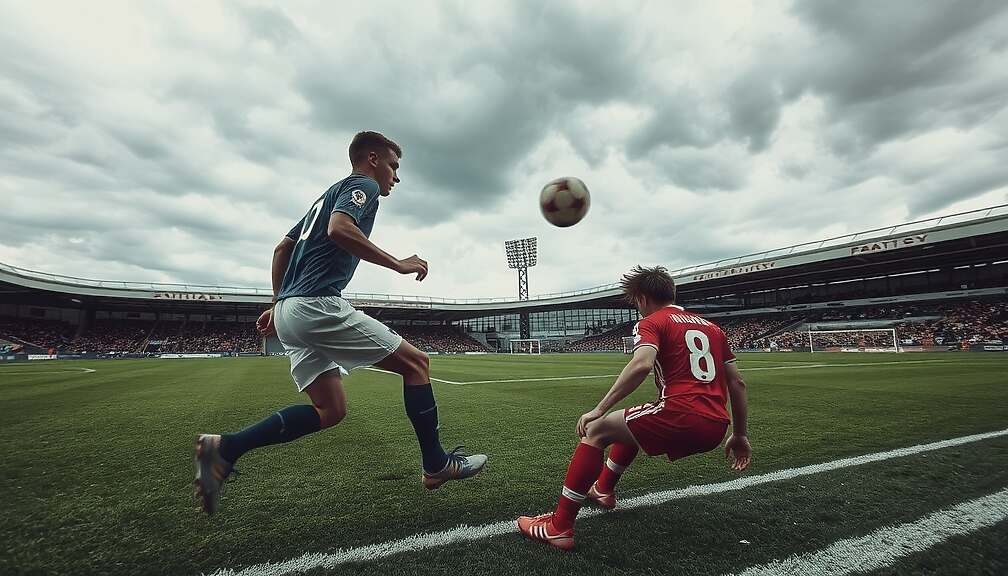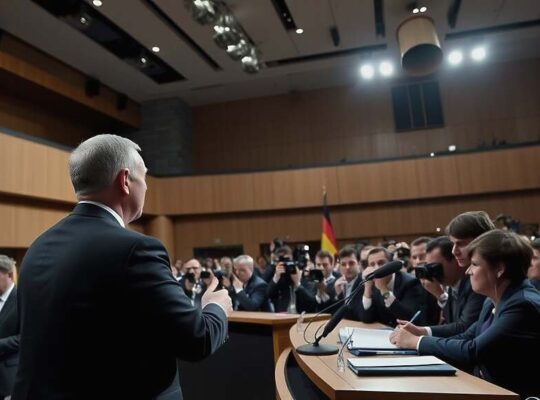The German cup competition, DFB-Pokal, delivered a series of compelling matches this week, highlighting both established powerhouses and surprising upsets and raising questions about the fluctuating fortunes of several clubs. Borussia Dortmund, despite a sluggish start and requiring a penalty shootout to secure victory, ultimately progressed against Eintracht Frankfurt. The match underscored a concerning lack of sharpness in Dortmund’s opening period, with Frankfurt’s early goal exposing vulnerabilities in their defensive organization. While Julian Brandt’s equalizer sparked a performance improvement, the reliance on a dramatic shootout raises questions about Dortmund’s overall form and tactical adaptability – a critical assessment as they navigate a demanding Bundesliga campaign.
Elsewhere, Hamburger SV’s progression against Heidenheim was significantly influenced by a contentious red card issued to Heidenheim’s Tim Siersleben in the 44th minute. While numerically disadvantaged, Heidenheim demonstrated remarkable defensive resilience, however, the subsequent penalty awarded in the 80th minute, a decision many are likely to scrutinize for its legitimacy, proved pivotal. This incident raises broader questions about the consistency of refereeing decisions and their impact on the outcome of tightly contested matches, particularly when significant stakes are involved. The victory for Hamburg, though secured under slightly dubious circumstances, could prove a crucial confidence boost for the club.
Hertha BSC’s comfortable 3-0 win over SV 07 Elversberg offered a more straightforward narrative, with Mickael Cuisance and Sebastian Gronning contributing to a dominant display. The victory, while valuable, will hardly quell the ongoing scrutiny surrounding Hertha’s long-term strategy and financial stability. Can this performance translate to consistent Bundesliga performance?
The most shocking result came from Holstein Kiel’s victory over VfL Wolfsburg. The sending-off of Wolfsburg’s Jenson Seelt early in the second half, coupled with a subsequent penalty awarded, created an insurmountable challenge for the Bundesliga side. Kiel’s disciplined defense and clinical finishing resulted in an unexpected triumph and showcased the potential for underdog stories to flourish in German football. This outcome casts a shadow over Wolfsburg’s current form and raises concerns about their ability to compete effectively even when ostensibly favored. The contrasting fortunes of Kiel and Wolfsburg serve as a stark reminder of the inherent unpredictability within German football and the importance of consistent performance, regardless of perceived status.












